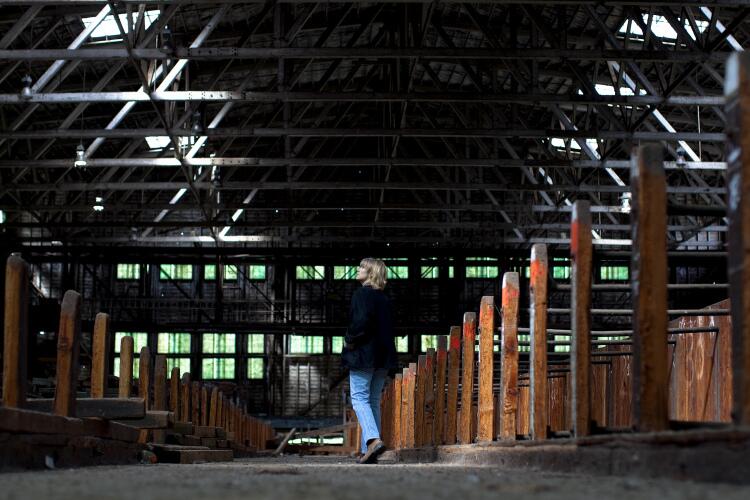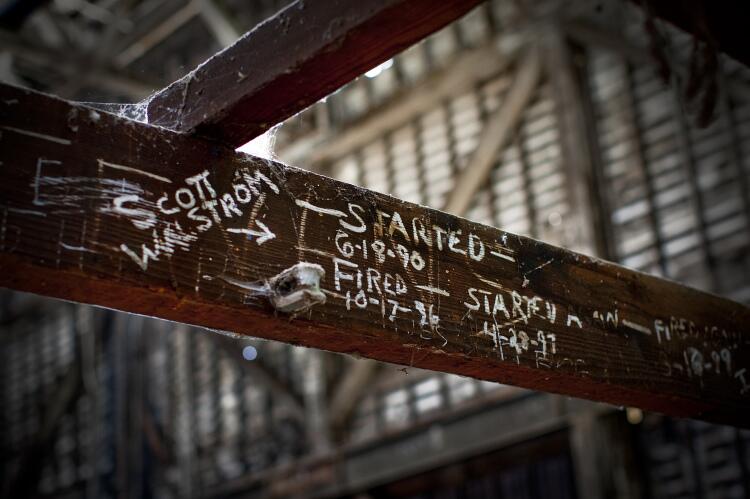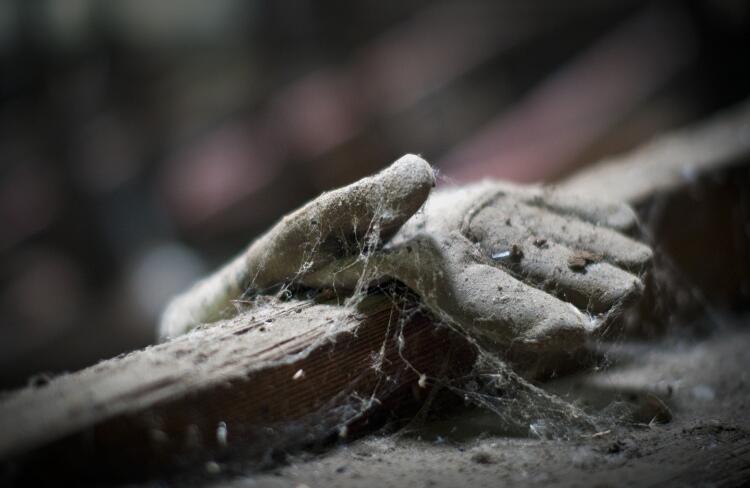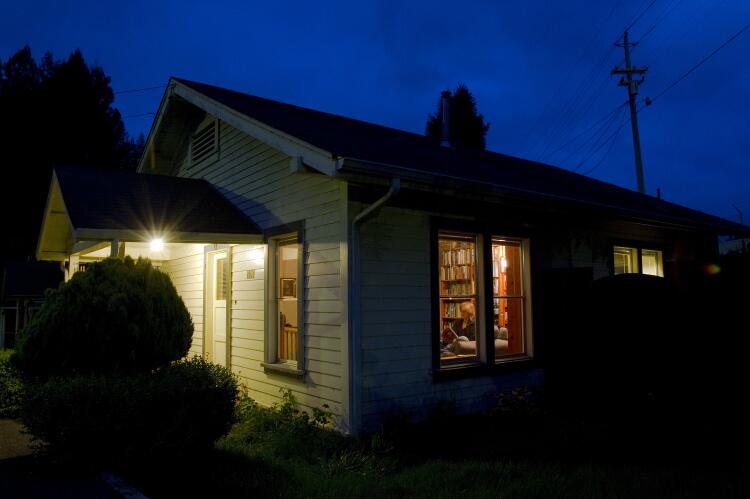Vote in old lumber town will determine its future

Once known as “ lumberjack heaven,” the town of Scotia is at a crossroads. Built in the 1880s by Pacific Lumber Co., the town may finally have a chance to be independent. But to some residents, that is scary. (Gina Ferazzi / Los Angeles Times)

Scotia resident Lisa Baney frequently walks through the abandoned part of of Mill A, which was once part of Pacific Lumber. She moved to Scotia two years ago from

Ten years after Pacific Lumber’s Mill A was shut down, an employee’s hiring and firing dates are still visible on a redwood beam. New logging restrictions and heavy debt forced Pacific Lumber to file for bankruptcy protection in 2007. (Gina Ferazzi / Los Angeles Times)

Spider webs encase a lumber worker’s glove left behind in the abandoned portion of Pacific Lumber’s Mill A. (Gina Ferazzi / Los Angeles Times)
Advertisement

Harley Crum, 9, tosses a basketball against a mural near his home. Harley has lived in Scotia since he was 5. (Gina Ferazzi / Los Angeles Times)

Frank Sanderson, 56, and his wife, Carleen, 53, don’t know whether they’ll able to purchase their home if the town goes independent. Everyone who lives in the town of Scotia rents; no one owns a home. Frank, who worked at Pacific Lumber for 33 years, is on disability. Colleen was born in the town, and Frank has been living there since 1960. (Gina Ferazzi / Los Angeles Times)

Scotia resident Paul James, shown on his front porch, was laid off after 26 years at Pacific Lumber. He began working at the mill when he was 19. His roots are in Scotia. Unable to find work there, he took a janitorial job in a nearby town. (Gina Ferazzi / Los Angeles Times)

When Lisa Baney, a voice-over artist for audio books, moved to Scotia from







